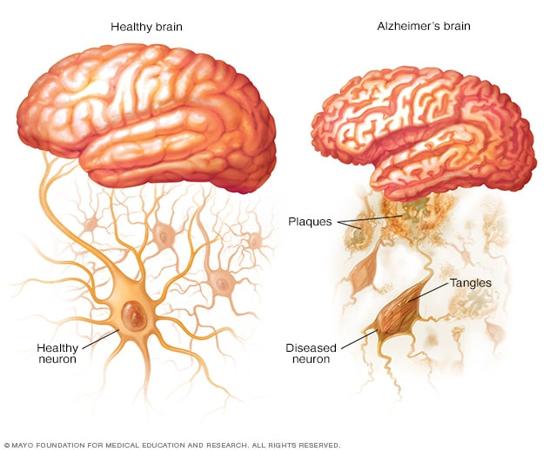Benefits
Improving brain health and cognitive function
Supporting overall brain health and function
Reducing the risk of developing Alzheimer’s disease
Enhancing memory and mental clarity
Promoting a healthy lifestyle and aging process
Where can I purchase Alzheimer’s Dementia Brain Health?
Alzheimer’s Dementia Brain Health supplements can be purchased from various online retailers, health stores, and pharmacies.
Introduction
Alzheimer’s Dementia Brain Health is a crucial aspect of overall well-being, especially as we age. The brain is a complex organ that requires proper care and attention to function optimally. In this article, we will discuss the importance of brain health in relation to Alzheimer’s disease and dementia.
FAQs
1. What is the connection between brain health and alzheimer‘s disease?
Alzheimer’s disease is a neurodegenerative disorder that affects the brain, leading to memory loss and cognitive decline. Maintaining brain health through activities like regular exercise and a healthy diet can help reduce the risk of developing Alzheimer’s.
2. How does dementia affect the brain?
Dementia is a general term for a decline in mental ability that is severe enough to interfere with daily life. It affects various brain functions, including memory, language, and problem-solving skills.
3. Can Alzheimer’s disease be prevented through brain-healthy habits?
While there is no guaranteed way to prevent Alzheimer’s disease, adopting brain-healthy habits such as staying mentally active, eating a nutritious diet, and getting regular exercise can help reduce the risk.
4. What are some ways to support brain health and prevent cognitive decline?
Some ways to support brain health include engaging in cognitive activities like puzzles and games, getting enough sleep, managing stress, and staying socially connected.
5. How does Alzheimer’s disease impact the brain of a patient?
Alzheimer’s disease causes the formation of plaques and tangles in the brain, which disrupt communication between nerve cells and lead to cell death. This results in the progressive deterioration of brain function.
Detailed Explanation
Alzheimer’s disease is a progressive brain disorder that affects memory, thinking, and behavior. It is the most common cause of dementia in older adults. The exact cause of Alzheimer’s is not yet fully understood, but it is believed to involve a combination of genetic, environmental, and lifestyle factors.
One of the key hallmarks of Alzheimer’s disease is the accumulation of abnormal protein deposits in the brain, including amyloid plaques and tau tangles. These deposits interfere with normal brain function and eventually lead to the death of brain cells.
As Alzheimer’s disease progresses, it can have a profound impact on a person’s cognitive abilities, memory, and daily functioning. Early symptoms may include mild forgetfulness and difficulty recalling recent events, while later stages can involve severe memory loss, confusion, disorientation, and behavioral changes.
While there is currently no cure for Alzheimer’s disease, early diagnosis and intervention can help slow the progression of symptoms and improve quality of life. Treatment may involve medications to manage symptoms, cognitive therapies, and lifestyle interventions to support brain health.
It is essential to prioritize brain health throughout life to reduce the risk of developing Alzheimer’s disease and other forms of dementia. This includes adopting a brain-healthy diet rich in antioxidants and omega-3 fatty acids, staying physically active, engaging in mental stimulation, getting enough sleep, and managing stress.
By taking proactive steps to support brain health, individuals can enhance cognitive function, improve memory, and reduce the risk of age-related cognitive decline and neurodegenerative disorders like Alzheimer’s disease.
Conclusion
Investing in brain health is a crucial aspect of overall well-being, especially as we age. By understanding the connection between brain health and conditions like Alzheimer’s disease and dementia, we can take proactive steps to support cognitive function and maintain a healthy brain throughout life.


